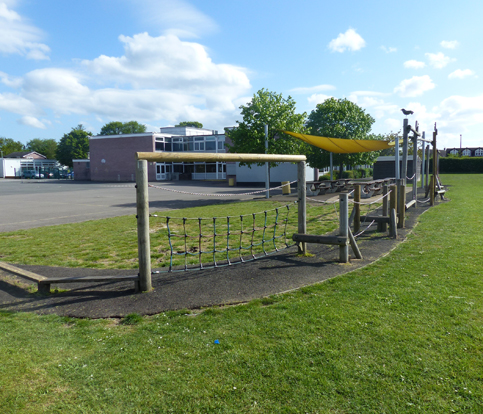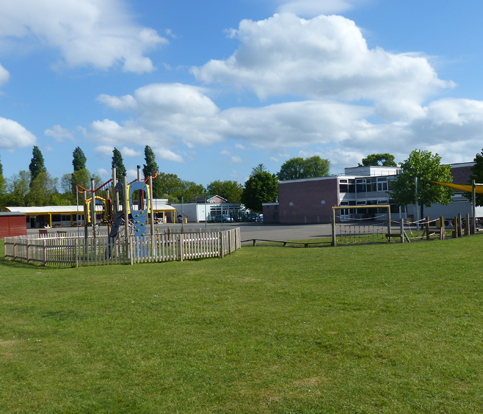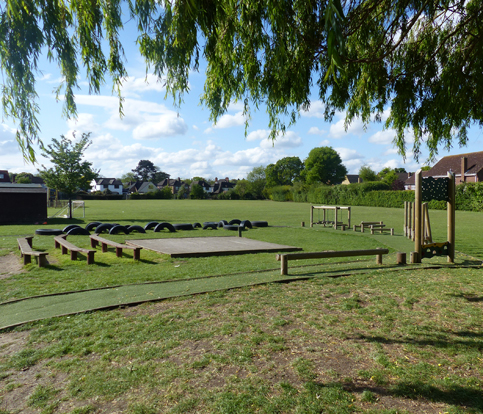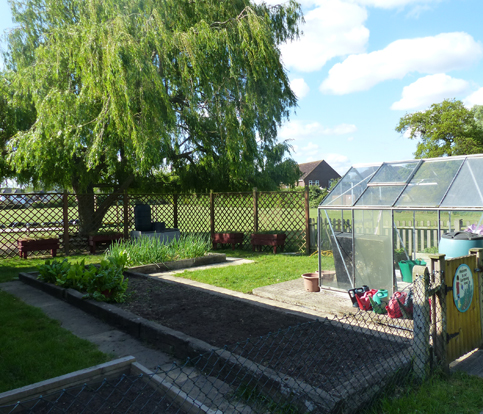Curriculum Overview
At Nelmes’ Primary we strongly believe in encouraging children to be lifelong, confident, independent learners. Our curriculum develops the children socially, morally, physically and emotionally. Our school code of conduct, learning behaviours, Relationship programme, British Values guidance, all form the basis of our pupils’ personal development and growth. The learning behaviours play an integral part in our whole school curriculum and underpin the children’s learning. These essential behaviours are;
Aspiration
Self-belief
Perseverance
Resilience
Patience
The Nelmes’ Primary Curriculum is challenging and relevant to our individual school community. It reflects our wonderfully diverse community and that of the wider locality and country we live in. Children are challenged and engaged in their learning. We expect children to make excellent progress in relation to their individual starting points. School staff have high expectations of all pupils, and the staff have excellent subject knowledge. Our curriculum ensures that children have the necessary tools and knowledge to equip them for life in the 21st Century.
Our Curriculum is
- An expertly planned and sequenced curriculum building towards the knowledge and skills needed for future life and learning
- An ambitious curriculum built on high expectations and standards for all learners and ensures particularly our most disadvantaged pupils, make excellent progress
- A rich and broad curriculum rooted in language acquisition and development, to ensure all children are able to access all aspects of learning
- A curriculum, providing children with the knowledge, experience, cultural capital and wider opportunities needed to learn more about the context of their communities and world to ensure an openness to learning more about themselves and others
- An engaging curriculum which promotes excellent attitudes in which children are motivated to learn and want to be the best they can be
Children are taught English and maths each day. These core curriculum subjects are given dedicated time in order for children to develop and embed the key skills and knowledge. Children use quality core texts in English to improve reading, writing and speaking and listening skills. In maths the children focus on learning key facts, methods and apply these through reasoning and problem solving skills. Both approaches allow the children to develop a strong foundation of learning and relevant fluency in these core subject areas.
History, Geography, Art and D and T are taught through termly and half termly topics and projects. The topics/projects are linked to units of study in the National Curriculum and children are taught the key skills and knowledge outlined in this statutory document. Each topic begins with a question to engage the children. This provokes discussion and gives the children the opportunity to think about the topic they will be learning. For example, in year 6 the children learn about rivers so the question posed is, “Why is the river Thames so important to the people of London?”. English and maths skills are often re-enforced in the topic lessons, though the main learning objective will have a history or geography focus. This approach to learning allows the children to use a variety of skills, transfer the learning from previous lessons and to have the opportunity to embed and master key skills and knowledge.
Science is taught on a weekly basis. The science is taught through science units which are taken from the national curriculum. A question is posed at the start of each science unit to illicit discussion. Children use their enquiry and investigative skills to acquire and test science knowledge using scientific processes.
Children are taught computer science and we have a range of IT resources and equipment that can be used alongside other subject areas. This enhances the learning and provides further opportunities to develop the children’s ICT skills and knowledge.
We teach the full curriculum, including music and sports/PE . We have a sports coach who provides additional PE support. A wide variety of sporting clubs are offered and from these children may be given the opportunity to take part in inter schools’ competitions. Specialist programmes in dance and music support the learning and ensure children are taught at a skill level appropriate to their age.
Our Ks2 children learn French and we use clear schemes of work to develop appropriate skills and knowledge. We have a yearly French Day which celebrates the language and culture of France along with other countries where French is the main language spoken.
RE lessons are a wonderful opportunity to learn about religions and beliefs. We follow the local authority’s agreed syllabus and the children learn how religions can be different but also where there are similarities.
Teachers and support staff continually assess children’s progress so that the children truly understand a skill or concept before moving on. Teachers always take into account the children’s prior learning in order to plan and pitch learning so that it is suitable for the class, groups and where necessary individual children.
For PSHE [including RSE] we use Jigsaw, a whole school integrated approach for teaching these essential areas of pupil well-being and personal development. In these lessons children further develop their understanding of personal safety which includes on-line safety, road safety and stranger danger. The children also take part in lessons which develop their emotional well-being. In these lessons children learn about identifying feelings, empathy, peer pressure, bullying and strategies to cope with stress. Children also learn about relationships and how to build and make friends.
Staff arrange trips, visitors and theme days. These events enrich the curriculum and give the children memorable learning experiences. We also plan for whole school theme days and weeks. They are challenging and engaging and are often designed to take children out of their learning “comfort zone”. The children are given the opportunity to use and develop a range of key learning skills throughout these days and weeks
Lesson organisation and structures will vary depending on the learning focus. In some lessons the children may be asked to work more independently, particularly if they are developing a piece of writing or focusing on a maths challenge or problem. In other lessons the children may work in pairs or groups to share ideas and focus on a challenge together. These variances in lesson structures develop the children’s independence and interdependent skills.
We are fortunate to have large grounds and this includes a wildlife area. The staff make good use of this outside learning environment, teaching a wide range of subjects.
Home learning is given out on a weekly basis though we do expect children to; read, learn spellings and times tables on a daily basis. Children are often given this learning in the form of a project e.g. in year 3 the children were asked to learn about and make a stone age dwelling.
We offer parents workshops relating to many aspects of the curriculum throughout the year which and we understand the importance of children, staff and families all working together to give the children the opportunity to be the best they can.
Our children have excellent attitudes to learning. They are motivated and interested learners and they understand the importance of being fully engaged in the learning process. Their behaviour is excellent and they understand how to keep themselves and others safe. The children understand the importance of personal responsibility and they make and maintain positive relationships with their peers and staff.
Pupil outcomes are excellent as evidenced by end of early years and ks1 and ks2 outcomes. Our outcomes are above and well above national averages. Children make very good progress throughout the whole school. The Nelmes’ Primary School curriculum ensures children leave our primary school exceptionally equipped for their next individual educational stage.

















